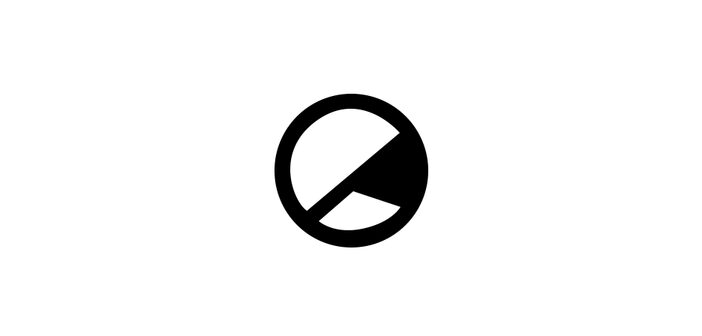Black Hands, White Flags is ambitious, but more well-meaning than well-made.
-
4
Freedom: Black Hands, White Flags is ambitious, but deeply flawed. Director Levi E Aluede stretches himself far and thin for a desperate twenty minutes with a film that does it’s utmost to throng decades of systematic oppression into a bite-sized Dailymotion student doc, but comes off as bulimic as that cynical lift-pitch sounds.
There are an impressive range of voices on offer here, particularly from women of colour. Their insight is great and perspicacious, but stumbles in poor sound design which turns candid conversations on colour and castigation into iPhone files. It’s also slightly vexing that Aluede never decides whether his film is expository or reflexive, resulting in constant interjection and prompts that grind engaging critical soundbites down to a nub.
There’s also a lot of misinformation and empty rhetoric, anecdotes, absurdism, and poor social commentary, particularly from the three London girls that talk away the bulk of the short. For starters, Micah Xavier Johnson was absolutely involved in the Pan-African movement, and was deeply affected by police shootings of black men. Pretending like he didn’t care is cheap and does nothing for the Black Lived Matter Movement; more than that, it simply doesn’t work. You can say that ISIL are not Muslim until the blood runs dry and the ruins wash away, but at the end of the day you’re going to have to reconcile yourself and your movement with every cutthroat on the fringe, and there is no sense in putting that off. Furthermore, trying to give any sort of commentary on the day-in, day-out of a US officer, white or black, from a bar in London is reaching. You said it and then contradicted yourself: American gun culture is a major part of, if not the, problem, and it’s something a Brit can’t really comprehend.
But Mikel Ameen irritated me more than all that. Selling hats and trying to patent racism over the Shoah is very naïve. It’s not a competition, Ameen; you don’t have to be the most oppressed to be oppressed. ‘It’s a lifestyle brand’- oh give me a break… And marching and rioting hasn’t worked? Tell that to Martin Luther King, rest his soul. Your political GOLFWANG is not going to make a lick of difference.
And one final snag: going straight for the Nazi jugular with a flashing picture of Hitler in the first five minutes is above and beyond lazy.
It’s a shame too, because for every misstep Aluede makes, he does twice as much right. The use of graphic police-cam and witness footage of police brutality and executions, as well as archive footage of segregation and protest, hits harder in the opening three-minute burst than with the luxury of time. And the soundtrack is great. In my opinion, The Blacker the Berry is one of the most important songs to come around in a long, long time, and is easily my favorite track from To Pimp a Butterfly. So, when its dolorous guitars whined their way into the opening crawl, the magic was black and proud. The closing list of 250 black men and women killed by police in 2016 alone was a stroke of sagacity, but the song made it. Samples of screaming friends and family, the barks of police, jungle beats and gruff rap drive the whole thing home.
Essentially, Freedom is an ambitious documentary that flies too close to the hooded sun. It doesn’t really do or say anything new, but it’s made with a hankering that goes well beyond the call of duty for a student film. It made me check my privilege, and that’s always healthy.
Freedom: Black Hands, White Flags, is directed by Levi E Aluede, and is available on Daily Motion.




